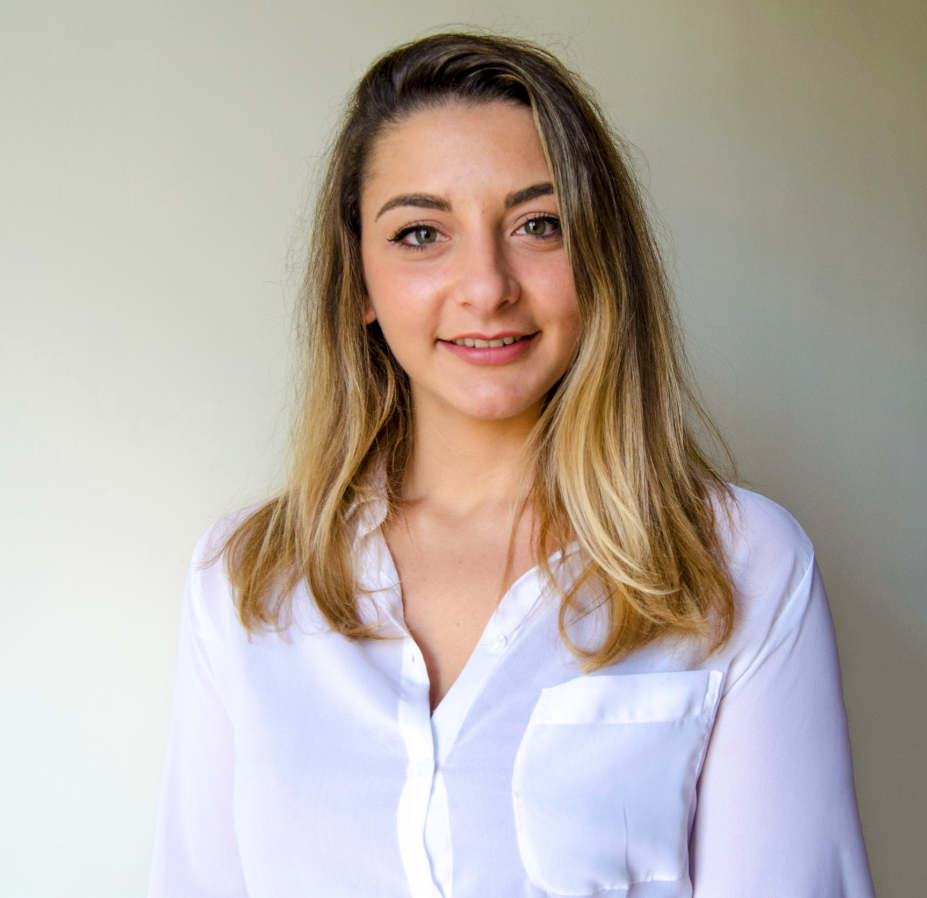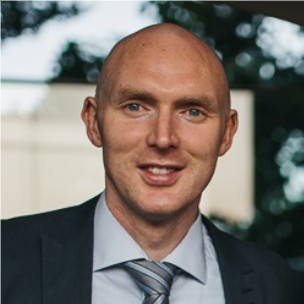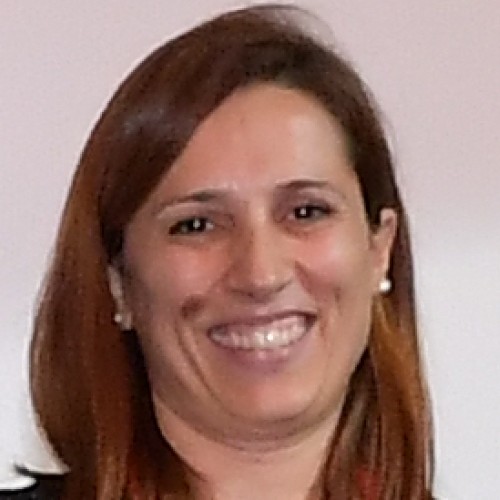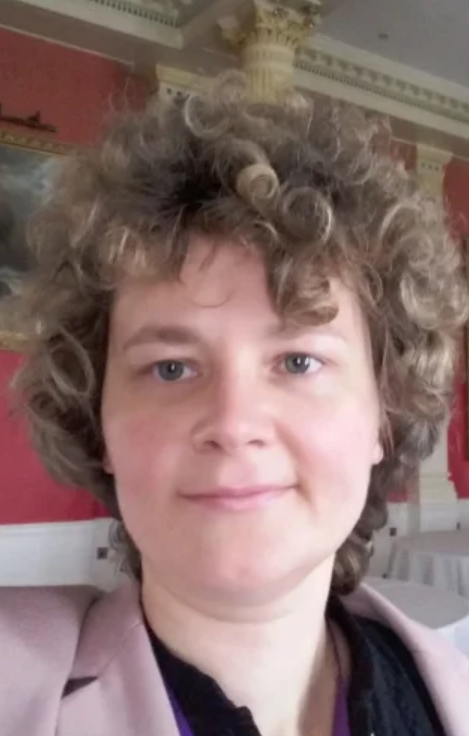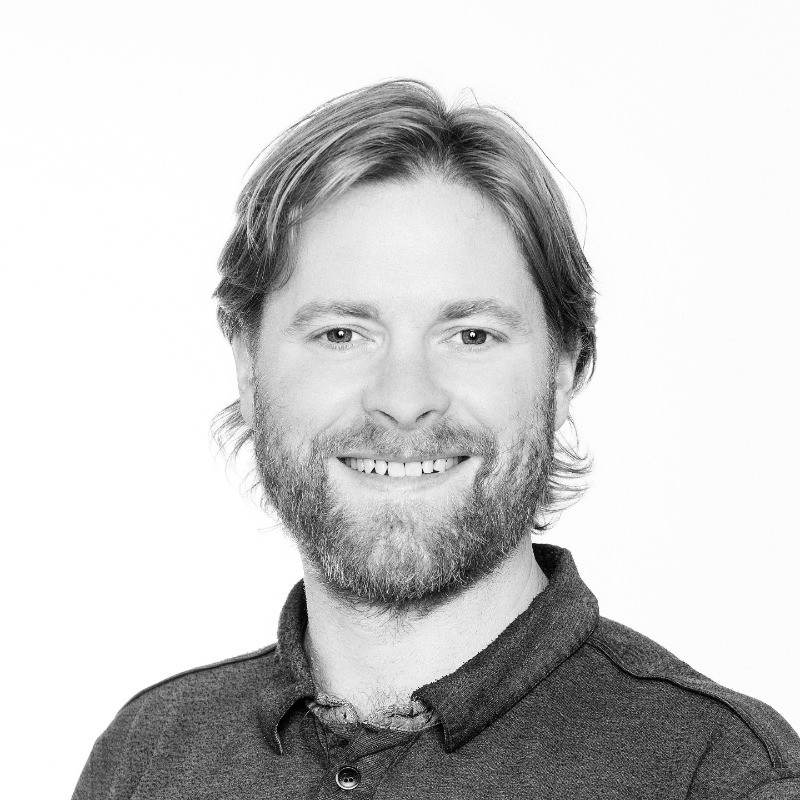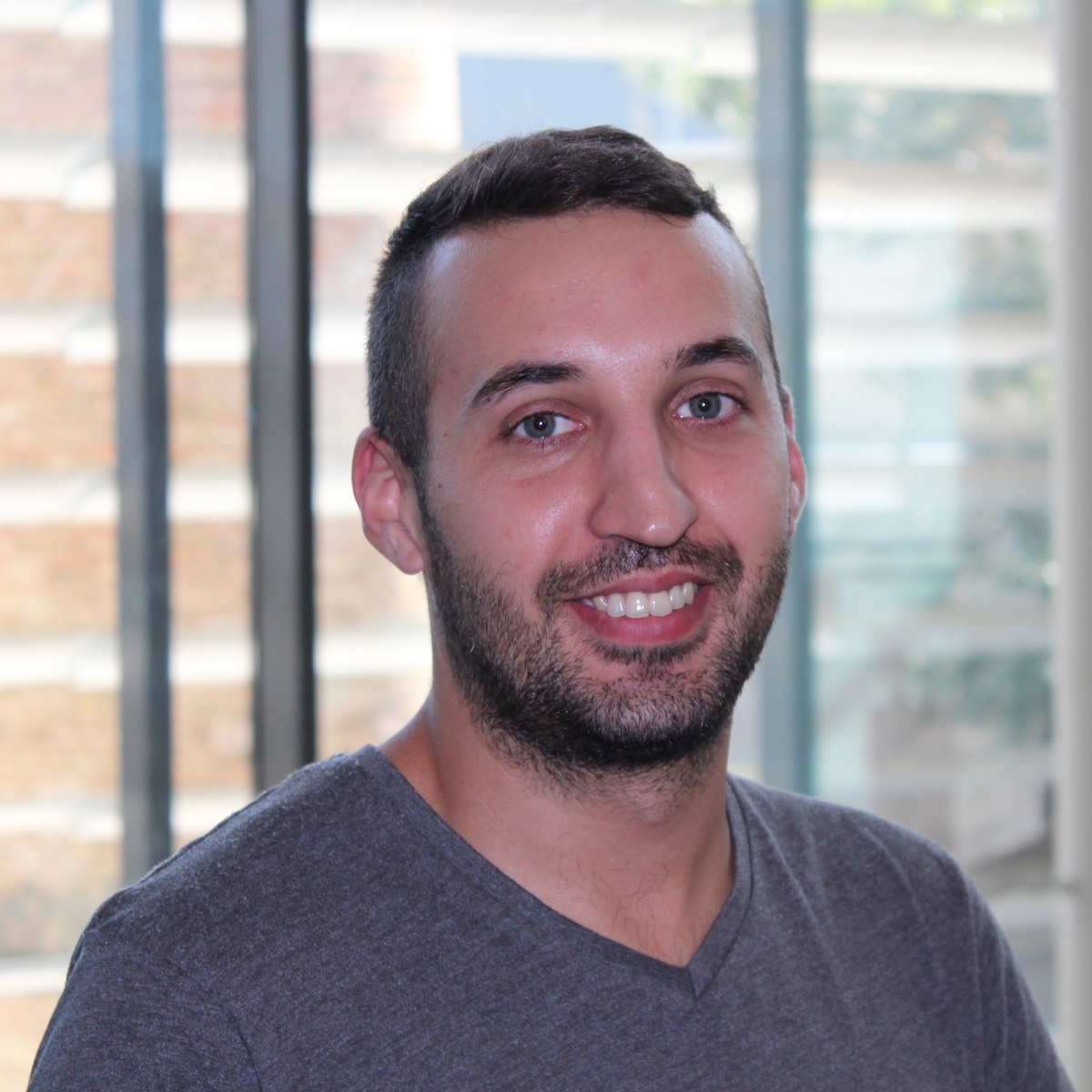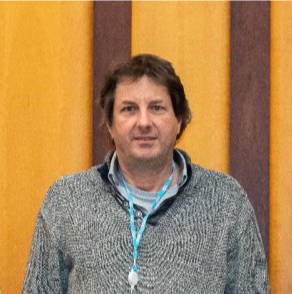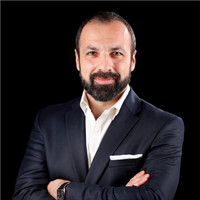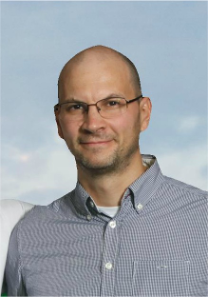Godred Fairhurst
This was a one-shot contribution to provide travel support for participation to the Internet Engineering Task Force (IETF), and specifically participation at the July 2025 plenary meeting in Madrid. I attended this meeting as an Internet Transport expert contributing work and progressing standards to support the evolution of the Internet and its support for enhanced resilience, authentication and privacy. An in-person attendance at the technical sessions also allowed me to progress the work for which I am an editor: Qlog draft-ietf-tsvwg-careful-resume-qlog, a transport specification based on the “qlog” specification being developed by the IETF QUIC; and a recent work item in the IETF Congestion Control working group, “Increase of the Congestion Window when the Sender Is Rate-Limited” (draft-ietf-ccwg-ratelimited-increase). In-person participation at this meeting is particularly important in my current role as an Area Director of the WIT Area, where I will help organise and oversee the meeting as a whole and specifically support the WIT area WG chairs in organising WG sessions and supporting cross area review of emerging specifications.
IAB/W3C Workshop on Age-Based Restrictions on Content Access and an IAB Workshop on IP Geolocation. The importance of standards was evident in serval meetings co-located with IETF-123. This including meetings with policy and regulators, a meeting on Multi-Stakeholder Forum on Internet Standards Deployment accompanied by an IEPG presentation by Rüdiger Martin of the Internet Governance Team from DG-CNECT, EU. This outlines plans around NIS2, and sought to develop understanding of challenges and barriers, provide timelines for deployments of protocols at scale and best current practice. The transport system is primarily concerned with robustness and resilience to disruption of the Internet service. IETF participants had various insights into the roll-out of new standards and the implications of the new regulatory landscape.

